I-R01 INTRO: Introduction to Risk Management
The course covers the main topics of industrial safety, starting with different aspects of risks and terminology used in the field. The main part of the course is dedicated to the related EU directives and their application in industry. The course outlines goals, scope and required measures / obligations considering acute (e.g. accidents-related) and chronic (e.g. pollution-related) risks. Special attention is devoted to major accident prevention and related process safety risk assessment methodologies.
|
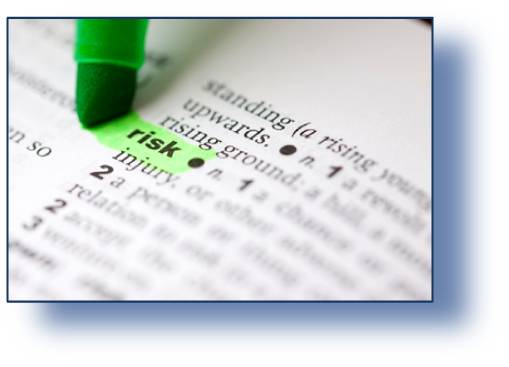
|
I-R03 POWER: Risk Analysis in Power Industry
Knowledge of risk analysis applied specifically in power industry, starting with advantages and effectiveness of its application. It presents the regulatory basis and requirements, and elaborate commonly used methods through number of examples.
|
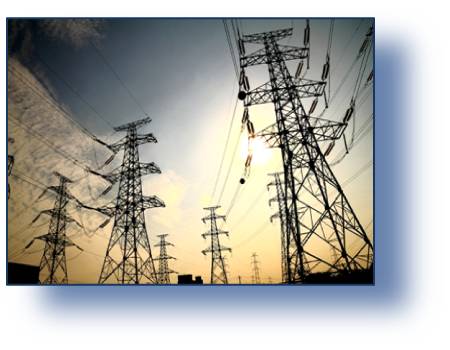
|
II-R04a RBI-PETRO: Risk Based Inspection - Petro
The course elaborates on risk issues in petrochemical industries and explains principles of risk-based inspection. It deals with existing risk-based approaches and gives links to applied codes and standards. The focus of the course is on main reference documents of American Petroleum Institute: Recommended Practice for Risk-Based Inspection (API RP 580) and Base Resource Document on RBI (API Publication 581) API 581.
|
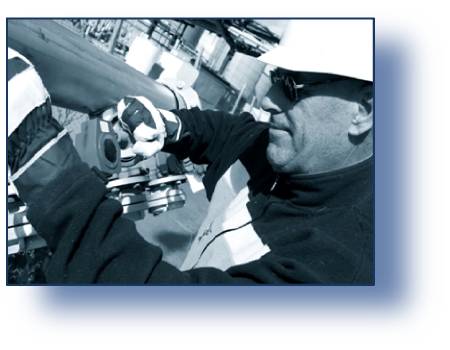
|
II-R04b RBI-POWER: Risk Based Inspection - Power
This course offers the state-of-the art knowledge of risk-based approaches currently applied in power generation industries. It highlights different levels of risk assessment and how to model consequences, as well as how to assess likelihood using statistical and other approaches. It goes deeper in risk sources including specific damage mechanisms commonly present in power plants. As an outcome, attendees will know how to optimize the inspection and monitoring strategy aimed to reduce risks and they will be able to optimize inspection plans and use inspection results in the risk management process of a power plant.
|
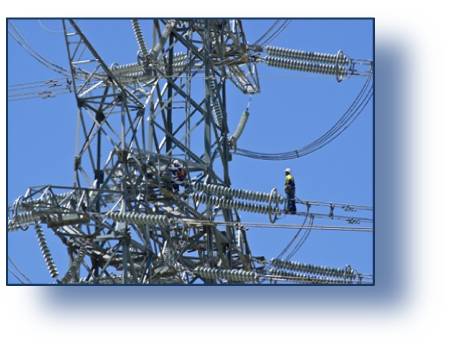
|
II-R05 RCM&RCFA: Reliability Centered Maintenance and Root Cause Failure Analysis
Reliability Centered Maintenance (RCM) and Root Cause Failure Analysis (RCFA) are methodologies used for logical decision-making process for analysis and definition of the equipment maintenance requirements, as well as for accident prevention. The focus of the course is on the damage mechanisms appearing in different industries. A large number of well elaborated examples is included.
|

|
IIIA-R06 HSSE: Health, Safety, Security and Environment
The course gives an overview of EU regulation in the field of HSSE (Health, Safety, Security and Environment), explains the objectives and requirements, as well as the state-of-the art in the implementation including constraints and advantages. Special focus is on the Integrated Pollution Prevention and Control (IPPC) and Industrial Emission Directive (IED) and on the prevention of major accidents (Seveso).
|

|
IIIA-R07 CoF: Accident and Consequences Modeling
The course deals with accident and consequences modeling in industry. Three main topics are covered by the course: modeling of explosion, fire modeling and industrial fires. The modeling is elaborated by explaining general techniques and illustrated by examples of applied methods: CDF model, Baker-Strehlow-Tang model, Reynolds Averaged Navier-Stokes (RANS) model, as well as Phenomenological and Stoichiometric models. Attendees will not only be able to differentiate between fire and explosion, but also know how to do simple calculations of consequence with an appropriate comprehension of explosion mechanism and fire principles.
|
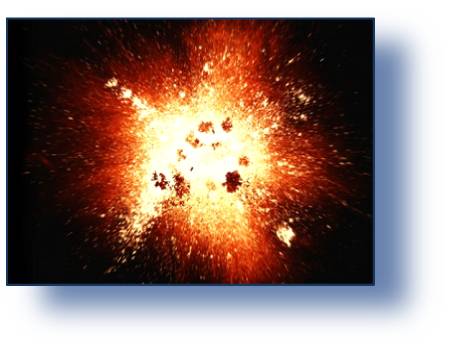
|
IIIB-R08 FIRE: Fire Protection
The course starts with the theory of fire and extinguishment, and thoroughly explains fire protection principles. Further, the course gives details related to the fire protection concepts including legal background and requirements with special focus on industrial fires and risk analysis. The course introduces basic principles and application of fire modeling, explains the phenomenon of a fire and gives an overview of the fire models and their hierarchy and discusses particular models, including numerical. The theoretical part is complemented with number of examples, including calculations, that illustrate the use of different fire models.
|
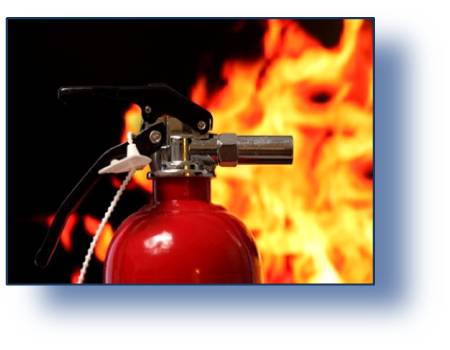
|
IIIB-R09 ExP: Explosion Protection
The EU directive ATEX is presented in details, along with the principles of explosion prevention and protection. Its practical application in the industrial plants is explained on a series of real life examples.
|
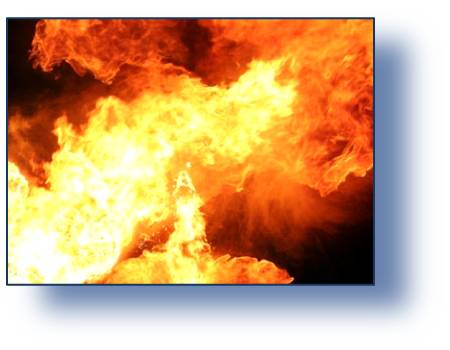
|
IIIC-R10 REACH: Risk Analysis of Chemicals
The course aims to explain principles of the EU regulation in the area of registration, evaluation and authorization of chemicals – REACH (EC Nr. 1907/2006). It gives an explanation of the principles and obligations for manufacturers, importers and downstream users to ensure that the manufacturing, placing on the market or the using of such substances do not adversely affect human health or the environment.
|
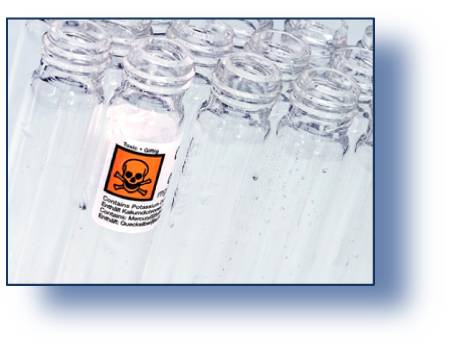
|
IIIC-R11 ADR: Transport of Dangerous Materials
The course covers international and EU policies and legislative requirements related to the transport of dangerous materials and explains the European Agreement concerning the International Carriage of Dangerous Goods. It elaborates the main issues from ADR 2013 as well as safety measures and procedures in case of accidents.
|
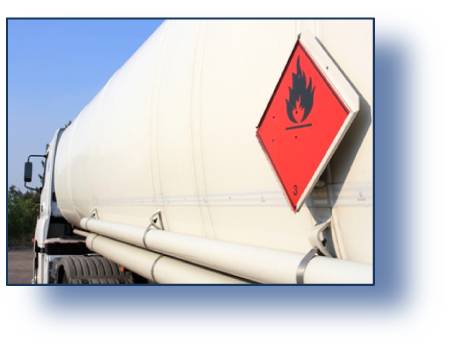
|
IIIC-R12 OSHA: Occupational Safety and Health
The course aims to explain the EU regulations in the field of safety and health of workers at work. Main topics include general principles concerning the prevention of occupational risks, the protection of safety and health, the elimination of risk and accident factors, general guidelines for the implementation of these principles as well as the the informing, consultation and balanced participation in accordance with national laws and/or practices. The course also discusses the training of workers and their representatives.
|
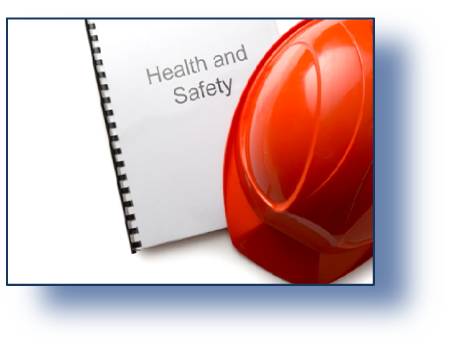
|
IVA-R14 iCSR&S: Integrated Corporate Social Responsibility and Sustainability
The course presents basic elements of the concept of Corporate (Social) Responsibility (CSR) and its practical application in industry. It starts with key elements of the CSR, focuses on CSR methodologies and tools and on the technology related aspects as a part of the modern practices of industry (HSE, HSSE). Analysis/comparison of the practices in the EU, US and other countries and relevant data and information on best practices worldwide are elaborated, including a number of relevant case studies from the key industries and references to main sources of relevant
data and information. A particular unit of the course is dedicated to the ISO 26000 standard.
|

|
IVA-R15 RGOV: Risk Governance
The course explains principles of modern risk governance including its main elements as described in the IRGC framework: a) pre-assessment, b) risk appraisal, c) risk characterization and evaluation d) risk management and e-risk communication. Apart from each of the elements (e.g. under "Risk Assessment": hazard identification and estimation, exposure and vulnerability assessment, risk estimation, exposure and social concerns, socio-economic impacts) the examples from industrial practice will be shown and explained. A separate part of the course will be dedicated to the overview of specific methods and techniques (e.g. Delphi), as well as to the tools and instruments facilitating the application by industry, governments and public bodies.
|

|
IVA-R17 EmRISK: Emerging Risks
The course introduces and transfers knowledge on emerging risks and management of emerging risks. The risks considered as "emerging" are primarily the risks previously not recognized as such, e.g. the risks due to new processes, new technologies, new ways of working or risks due to social or organizational changes (the risks linked to nanotechnologies, bio-technology, new chemicals, outsourcing, globalization are practical examples tackled within the course). The risks due to the change in public perception or new scientific knowledge are considered as well.
|

|
IVB-R16 LCA: Life Cycle Analysis and Assessment
The course gives the participants opportunity to improve the knowledge about the Life Cycle Assessment (LCA) and to gain the skills to perform simplified LCA studies and to analyze, discuss and comment international scientific articles on LCA.
The course provides a comprehensive overview of the Life Cycle Assessment (LCA), Life Cycle Costing (LCC), International Reference Life Cycle Data System (ILCD) and European Reference Life Cycle Data System (ELCD). The focus will be on practical examples of applying LCA in industry and improving the environmental performance and sustainability of products and services.
|
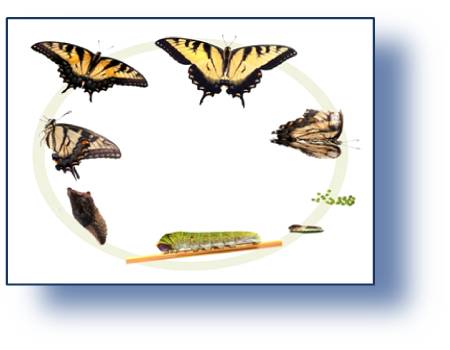
|
IVC-R19 BC&M: Business Communication and Management of Intercultural Differences
In the times of ever increasing globalization, cultural differences and multilingual issues play an important role in the area of business communication which can easily fail on apparently banal issues. This could be of particular importance also in collaborative international projects. A cognitive approach toward cultural and national differences will be used throughout the training.
|

|
IVC-R32 ISO31000: ISO 31000 Principles and Management
The course covers the International Standard of ISO 31000:2009 highlighting the relationship between the risk management principles, framework and process as described in this International Standard. The course also highlights issues related to the applicability of the standard in industry and in general.
|

|
IVC-R36 IRM: Innovation Risk Management
The development of new products and technologies is a risky and uncertain process. The success of the new technology does not lie just in the invention part or in the generation of innovative ideas, but also in the successful management of the innovation process from an idea to products and services in the market. The management of innovation is a process - described in this course - which includes a disciplined, stage-by-stage approval process combined with regular measurement of every critical factor, ranging from the capability of the product to reach the target characteristics to success in the market. The TRL (Technology Readiness Level) assessment is done as practical example on several cases from industry.
|
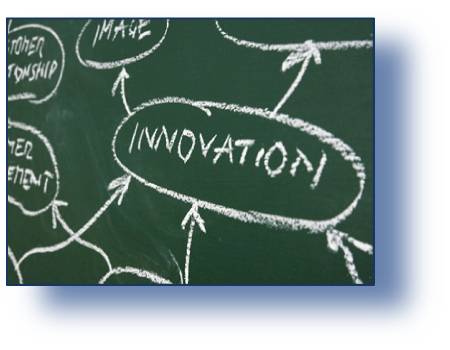
|
VC-R34 RP&C: Risk Perception and Risk Communication
This course presents theoretical backgrounds and state-of-the-art research issues on perception and communication of risk. It aims to provide a solid basis for further developments of such work tasks by including theoretical achievements in the related fields, various examples from field work, and an internal training exercise. The understanding of communication processes and the improving of information and communication techniques related to risk and hazards are central themes of the course. The course will also provide insight into selected historical aspects as well as current topics and literature.
In order to facilitate the bridge between theory and practice, a special attention will be given to two methodologies that enable the implementation of Risk Perception and Risk Communication concepts: The Delphi and the Focus Group. Beyond their description, this unit will be complemented with exercises based on experience of Focus & Delphi group work.
|
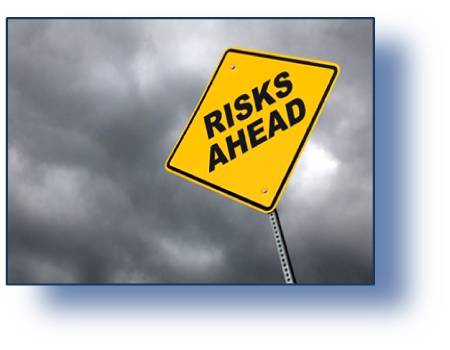
|
VE-R37 VA&PA: Vulnerability Analysis and Return on Prevention Analysis
Vulnerability Analysis is a prerequisite to a risk assessment. Coupled with return on prevention analysis it could serve as an essential step in risk management and future scenarios development, giving managers and risk specialists a powerful decision assisting tool. This course aims to build up competences regarding vulnerability analysis in industry based on the current best practice in EU, as well as to provide basic knowledge regarding Return on Prevention Vulnerability analysis. Return on Prevention assessment gives the efficiency of the money and resources invested. The course presents the latest methodologies and instruments and also the latest stage of art.
|
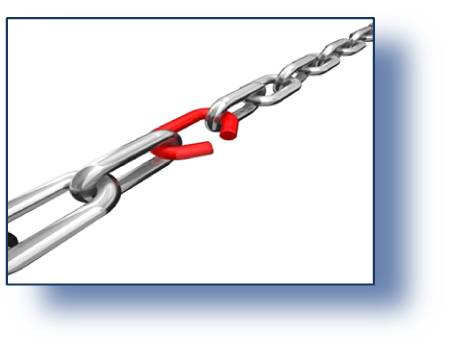
|
VE-R38 IRP: Industrial Risk Psychology
Industrial Risk Psychology is the scientific study of employees, workplaces, and organizational risks. Industrial Risk Psychology (IRP) contributes to an organization's success by improving the performance and well-being of its people and technological process. An IRP psychologist researches and identifies how risks can improve behaviors and attitudes by using risks through hiring practices, training programs, and feedback systems. IRP psychologists also help organizations' transition among periods of change and development.
|
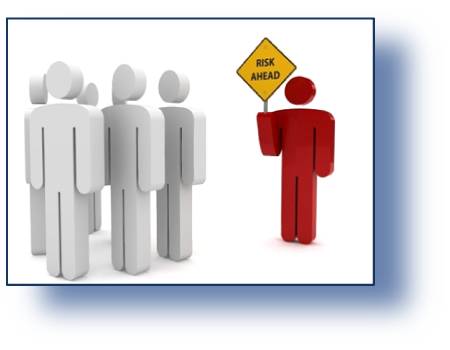
|
VF-R39 DAA: Decision Aid Approaches for Risk Management
Decision making is a process where multiple factors interact to shape the final outcome. Those factors can be technical, informational, emotional/psychological, cultural… Nevertheless, the limited rationality of economic operators makes the decision exercise more and more difficult in a more and more complex world. Safety management requires short, mid and long term decisions that may highly influence the ability of the organization to cope with its risks.
|
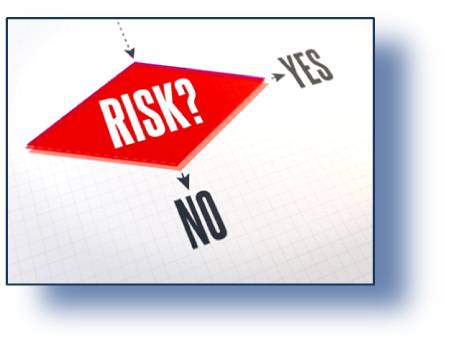
|
VF-R40 KPI: Concepts and Applications of Key Performance Indicators for New Technologies
The course addresses the issue of Key Performance Indicators (KPIs) as used in the safety and risk assessment, in particular for assessing and managing emerging risks linked to New Technologies.
Main concepts developed by organizations like OECD, API, HSE/HSL, CCPS or VCI are presented in detail. Application of these and other concepts, as well as the corresponding guidelines, are discussed in the second part of the course, where also the practical aspects of these applications, including tools and practical views from industry on the use of indicators are presented and discussed.
|
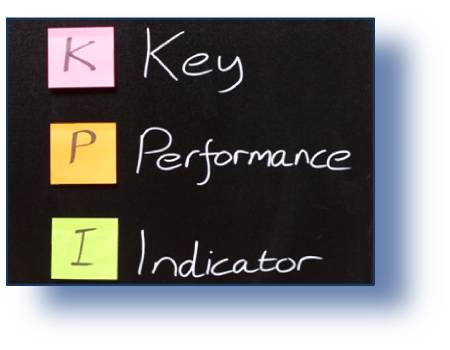
|
|
|